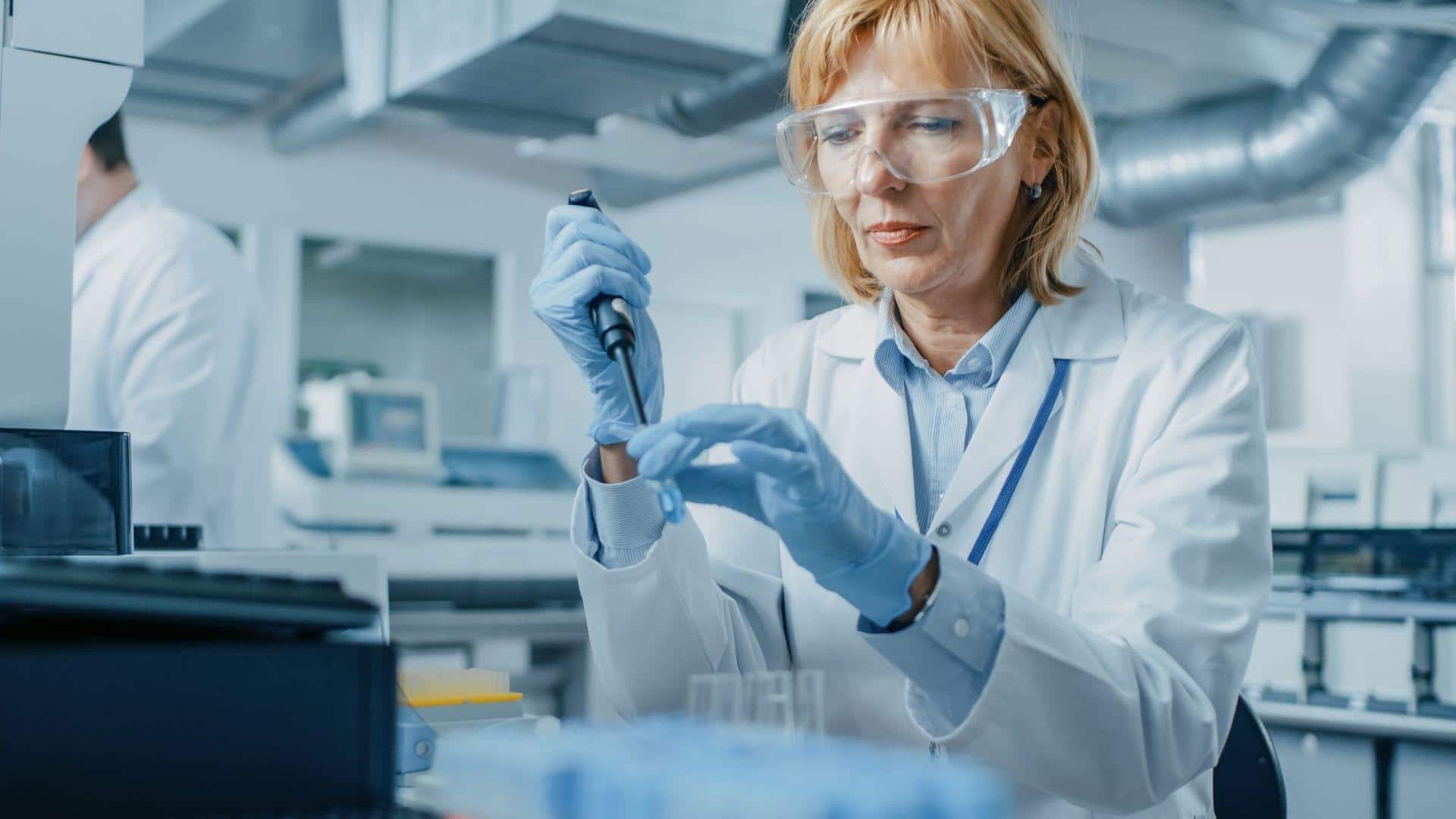“He has his father’s eyes.” “She gets her personality from her mother.” For centuries, people have enjoyed discussing the traits that individuals inherit from their parents. Beginning around 1950, scientists began unraveling the secrets of exactly how traits are passed down. Eventually, they were able to link certain genes to health conditions, and genetic testing was born.
Today, genetic testing may help you learn about your risk of certain cancers. Your doctor can advise you about whether you should be tested, but the decision is always up to you. The test that your doctor might order is quite different from the genetic tests that you can do by mail. You will get much more information from a test done at a medical facility.
Why Have Genetic Testing?
Cancer often seems to run in families. Sometimes that’s because family members live in the same location or make similar lifestyle choices. But sometimes it’s due to a change in a gene handed down through a family. An inherited gene mutation plays a role in about 5% to 10% of cancers.
If you have a family history of certain cancers, genetic testing can tell you whether you need to be screened for cancer earlier or more often. If you have been diagnosed with cancer, it can give your doctors more information about your case. If you test positive for a cancer mutation, your family members may also want to be tested so they can be more vigilant.
Steps in Genetic Testing and Counseling
The steps in genetic testing and counseling often look something like this.
Deciding to be tested. Your doctor can help with this decision. You can also take a self-assessment test that will help you decide. Genetic testing and counseling are usually covered by insurance, but you’ll want to learn what your cost will be. If you decide to go forward, the next step is making an appointment with a genetic counselor.
Preparing for your appointment. You should gather information about your family members with cancer before your first appointment. Your counselor will be interested in first-degree relatives (children, parents, and siblings) and second-degree relatives like grandparents and cousins. Make a note of what kind of cancer each person had and their age at diagnosis, if you know. It’s okay if you don’t.
Meeting with the genetic counselor. Your counselor will take your family history and will explain what genetic testing can and can’t tell you. The counselor will recommend a particular type of genetic test. At this point, you can still say no to testing.
Taking the test. If you decide to be tested, a sample of your DNA will be taken, usually a blood sample. You can have the test done immediately after meeting with the counselor, or you can schedule a later time.
Getting your results. Your results will be back in a few weeks. Usually, you will meet with your counselor to have them explained. If you test positive for an inherited gene mutation, your counselor will discuss sharing your results with family members. You can get advice about telling others.
Dealing With Your Results
Possible results for your genetic test include:
- Positive. You have a mutated gene that increases your cancer risk. This doesn’t mean that you will get cancer.
- Negative. You do not have an inherited risk for cancer. Of course, you can still get cancer.
- Variance of uncertain significance. Your test yielded an unusual result, but it’s one that researchers don’t know much about.
Your genetic counselor should be available for follow-up questions. Your doctor can also help you understand your results.
Remember that the results of genetic testing are private. You do not have to share them with anyone. Also, remember that family members have the right to make up their own minds about genetic testing and counseling. Do not pressure them, question them about their decision, or ask them about their results.
Last, be prepared for some emotional turmoil following your testing. If you have a positive result, you may feel sad or anxious. If your results are not positive, you may still have concerns about your risk of cancer or about the health of other family members. These emotions are normal. If you need help working through them, talk to your doctor or counselor.
Nevada Surgery & Cancer Center (NVSCC)
At NVSCC, we provide comprehensive genetic testing and counseling for cancer risk, including hereditary breast and ovarian cancer syndrome (BRCA genes), Lynch syndrome, hereditary polyposis syndrome, and others.

